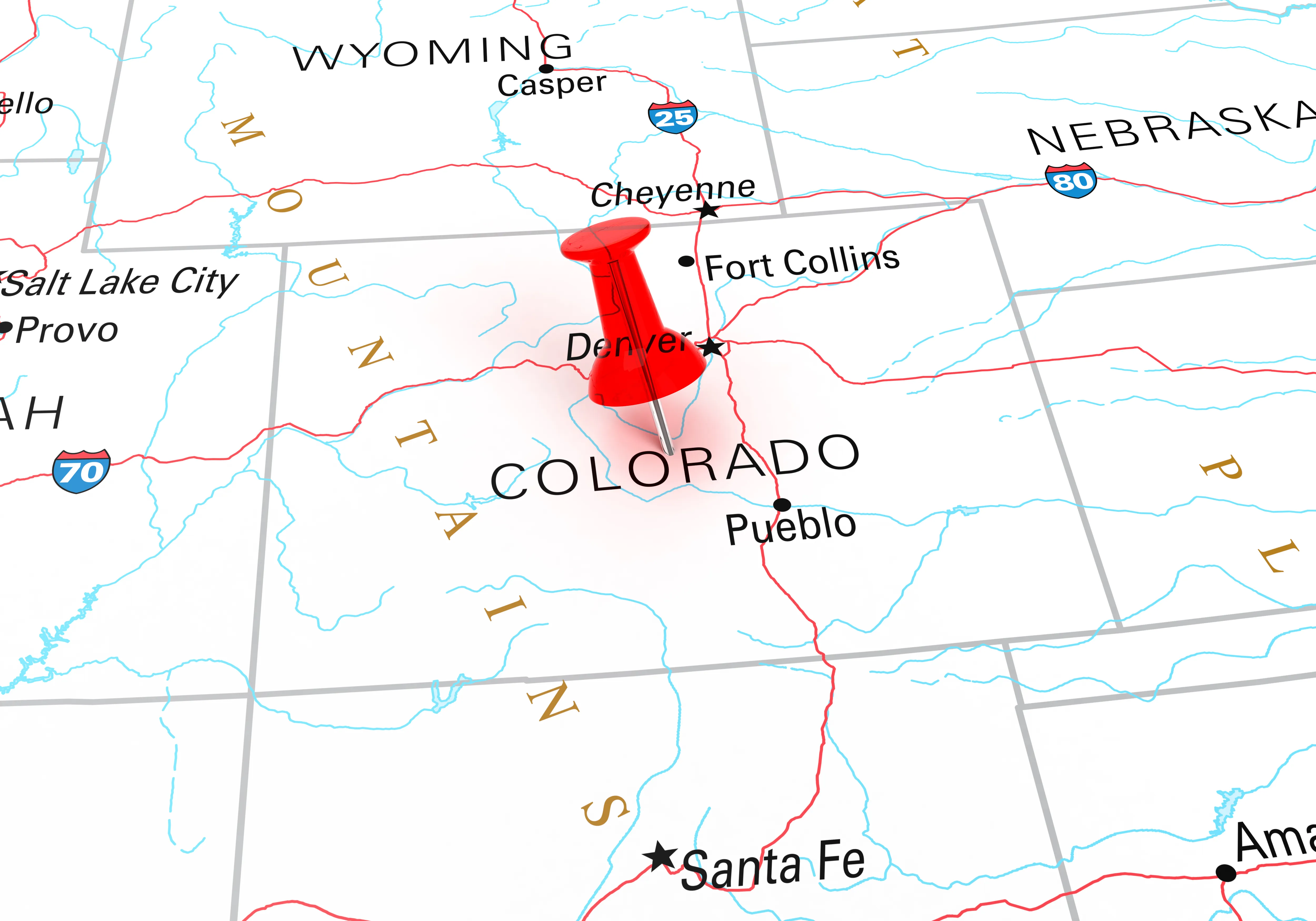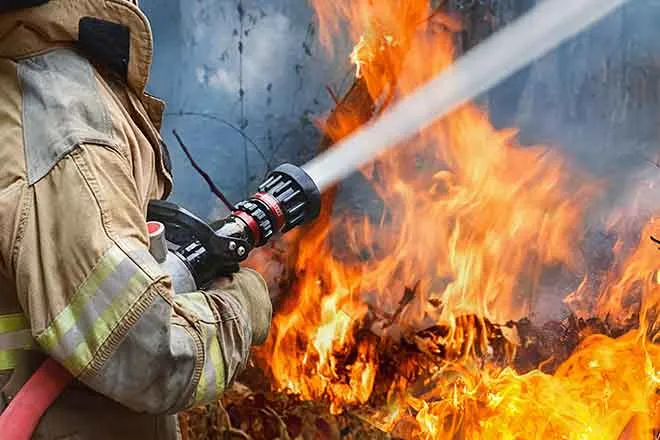
Marshall Fire tests emergency response for people with access and functional needs
(Colorado News Connection) People with disabilities often are left out of conversations about disaster preparedness, and the recent Marshall Fire put Colorado's emergency managers to the test.
Curtis Garrett, disaster preparedness coordinator for Atlantis Community, said the Disability and Disaster Hotline played a key role connecting people with emergency services, in part because state leaders included the disability community in their planning efforts.
"The state of Colorado as a whole is really moving forward, and is considered a leader in disaster preparedness and disaster services for individuals with disabilities," Garrett explained.
Garrett pointed out when temporary shelters and other facilities are not prepared to meet the needs of all community members, people with disabilities can be separated from their neighbors and relocated to nursing homes against their will. Anyone in need of assistance can call the hotline at 800-626-4959.
Sadie Martinez, access and functional needs coordinator for the Colorado Division of Homeland Security and Emergency Management, said her team has developed a framework for identifying actual resource needs rather than labeling people as "special needs." The acronym CMIST provides an easy-to-remember checklist to ensure all communications, medical, independence, safety and transportation needs can be met in times of crisis.
"Do we have American Sign Language interpreters, or availability to get them right away?" Martinez outlined. "Somebody who uses oxygen or has to have access to their medication that did not come along with them, how are we able to get that to that shelter?"
Garrett added ensuring everyone is able to receive emergency messages and alerts is critical during emergencies, but too many media outlets continue to overlook people with disabilities. For example, TV broadcasters routinely cut sign-language interpreters out of the picture.
"My safety is dependent on hearing that message," Garrett emphasized. "It should be something they do, that it's expected. You have to plug the microphone in. Well, it should be just as important to have the interpreter on screen. That should be a given."

















